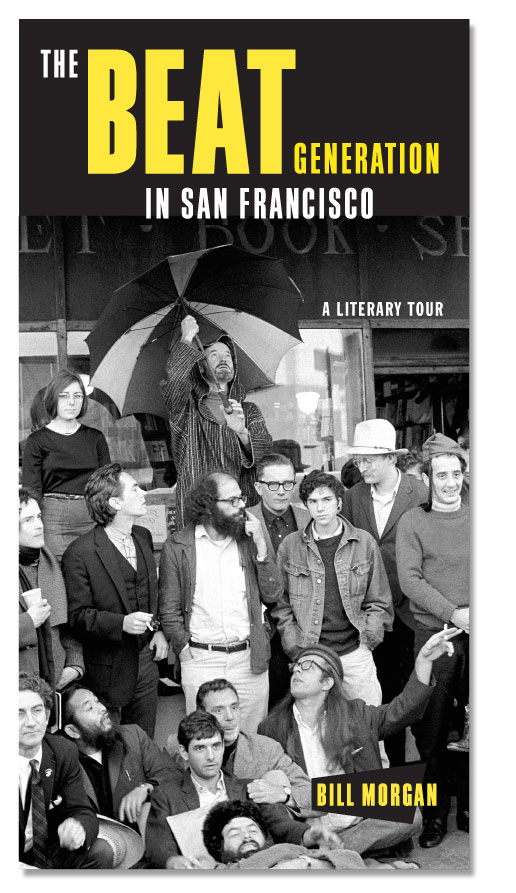Opening Questions:
1. How can you tell when a person really means what s/he is saying?
2. When people say a poem is "deep" what do they mean?
Watch:
"Writ on the Steps of Puerto Rican Harlem" by Gregory Corso (Stanley Andrew Jackson
"I Am Waiting" by Lawrence Ferlinghetti (Madison Niermeyer)
HW: Work on memorizing your poem. Make sure you can explain what inspired the poet to write it AND why you chose it.
From the Rubric:
Rubric Criteria #3: DRAMATIC APPROPRIATENESS
Recitation is about conveying a poem’s sense with its language. It is
closer to the art of oral interpretation than theatrical performance.
(Think storyteller or narrator rather than actor.)
A strong performance will rely on a powerful internalization of the poem rather than distracting dramatic gestures.
You represent the poem’s voice, not a character’s. You must subtly
enhance the understanding and enjoyment of the poem without
overshadowing the language.
Tips:
- Do not act out the poem. Too much dramatization distracts from the
language of the poem. Movement or accents must not detract from the
poem’s voice.
- You are the vessel of your poem. Have confidence that your poem is
strong enough to communicate without a physical illustration. Let the
words of the poem do the work.
- Depending on the poem, occasional gestures may be appropriate, but
the line between appropriate and overdone is a thin one. When uncertain,
leave them out.
- Avoid monotone delivery. However, too much enthusiasm can make your performance seem insincere.
Qualities of a strong recitation:
The dramatization subtly underscores the meaning of the poem without
becoming the focal point. The style of delivery is more about oral
interpretation than dramatic enactment.
A low score in this
category will result from recitations that have affected character
voices and accents, inappropriate tone and inflection, singing,
distracting and excessive gestures, or unnecessary emoting.
Rubric Criteria #4: LEVEL OF COMPLEXITY
A poem with complex
content conveys difficult, sophisticated ideas, that are challenging to comprehend and express. A poem with complex
language will have intricate diction and syntax, meter and rhyme scheme, and shifts in tone or mood. Poem
length
is also considered in complexity. Please keep in mind that longer poems
are not necessarily more difficult. Poems with significantly
challenging content and language may not need length to score well.
Tips:
- For competitions beyond the classroom level, select poems of various
styles, time periods, themes, and tones. Diversity of poem selection
will allow judges to see your mastery of various elements of complexity.
- Make sure each poem you choose is one that speaks to you. If you are
able to connect with a poem, that internalization will ripple
positively throughout all of your scores.




 The Beat Poets
The Beat Poets
 Black Arts Movement
Black Arts Movement

